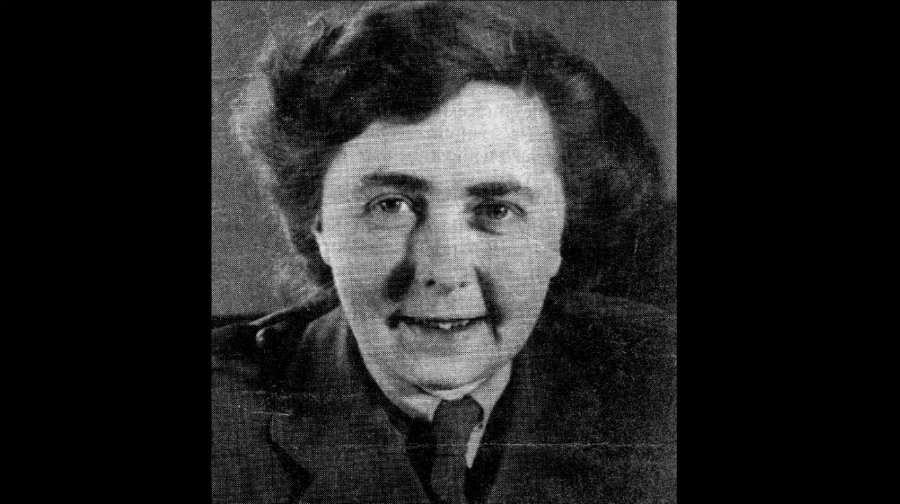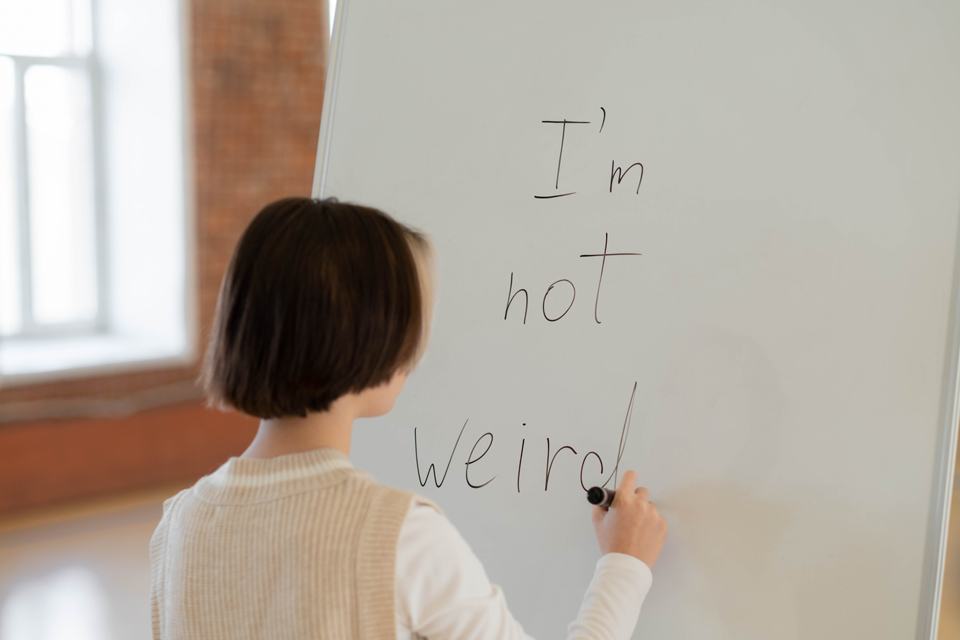Many of you will be surprised to learn that Potential Plus UK has been supporting young people for 55 years.

It all started back in 1965 when Margaret Branch, a psychiatric social worker in Guys Hospital, London, recognised that there was a lack of information and support for children, who often have similar difficulties to those with special educational needs. These children were described as having exceptional ‘intelligence and/or creative capacity’.
Two years later her work to improve support for these young people led to the formal constitution of our charity, The National Association for Gifted Children. The signatories on our founding document include lecturers, teachers, head teachers, housewives, musicians, child psychiatrists, engineers, bankers, architects, an MP, a Peer of the Realm, newspaper publisher David Astor, zoologist and writer Gerald Durrell, and of course Margaret Branch herself.
From our extensive archives we know that the choice of the description ‘gifted’ was discussed almost from the first meeting and that this debate has continued through the decades. This led to the charity, at its AGM in 2012, agreeing to work under the name of Potential Plus UK.
With a proliferation of terms and descriptors currently being used in schools, including ‘gifted and talented’, ‘more/most able’, ‘highly able’, ‘high prior attainers’, ‘working at greater depth’ and ‘working beyond age-related expectations’, we are often asked why we prefer the term ‘high learning potential’. We believe that it helps the young person to understand that they have the potential to attain well academically and/or creatively, but that there is need for more than this – a ‘plus’. They need opportunities, motivation, and to develop resilience. They need to be challenged, to be confident in not always knowing the ‘right’ answer, and to learn to think divergently, creatively and critically. They need to understand their strengths and any educational or wellbeing barriers to their learning, so that they can seek out strategies to help them. They need to develop all these essential skills alongside their subject strengths, so that they can go out into the world as confident young people.
As parents, carers, teachers and other professionals, our aim is to support our young people in their endeavours.The following poem, by an anonymous 13-year-old member, appeared in the NAGC Journal of the Gifted Child, Winter 1980.
The Wall
They laughed at me.
They laughed at me and called me names,
They wouldn’t let me join their games.
I couldn’t understand.
I spent most playtimes on my own,
Everywhere I was alone,
I couldn’t understand.
Teachers told me I was rude,
Bumptious, overbearing, shrewd,
Some of the things they said were crude.
I couldn’t understand.
And so I built myself a wall,
Strong and solid, ten foot tall,
With bricks you couldn’t see at all,
So I could understand.
And then came Sir,
A jovial, beaming, kindly man,
Saw through my wall and took my hand,
And the bricks came tumbling down,
For he could understand.
And now I laugh with them,
Not in any unkind way,
For they have yet to face their day,
And the lessons I have learned.
For eagles soar above all birds,
And scavengers need to hunt in herds,
But the lion walks alone,
And now I understand.
Discover, Nurture, Succeed
Potential Plus UK’s mission is to discover young people’s potential, nurture their gifts and talents, and support them to succeed and thrive with confidence.







